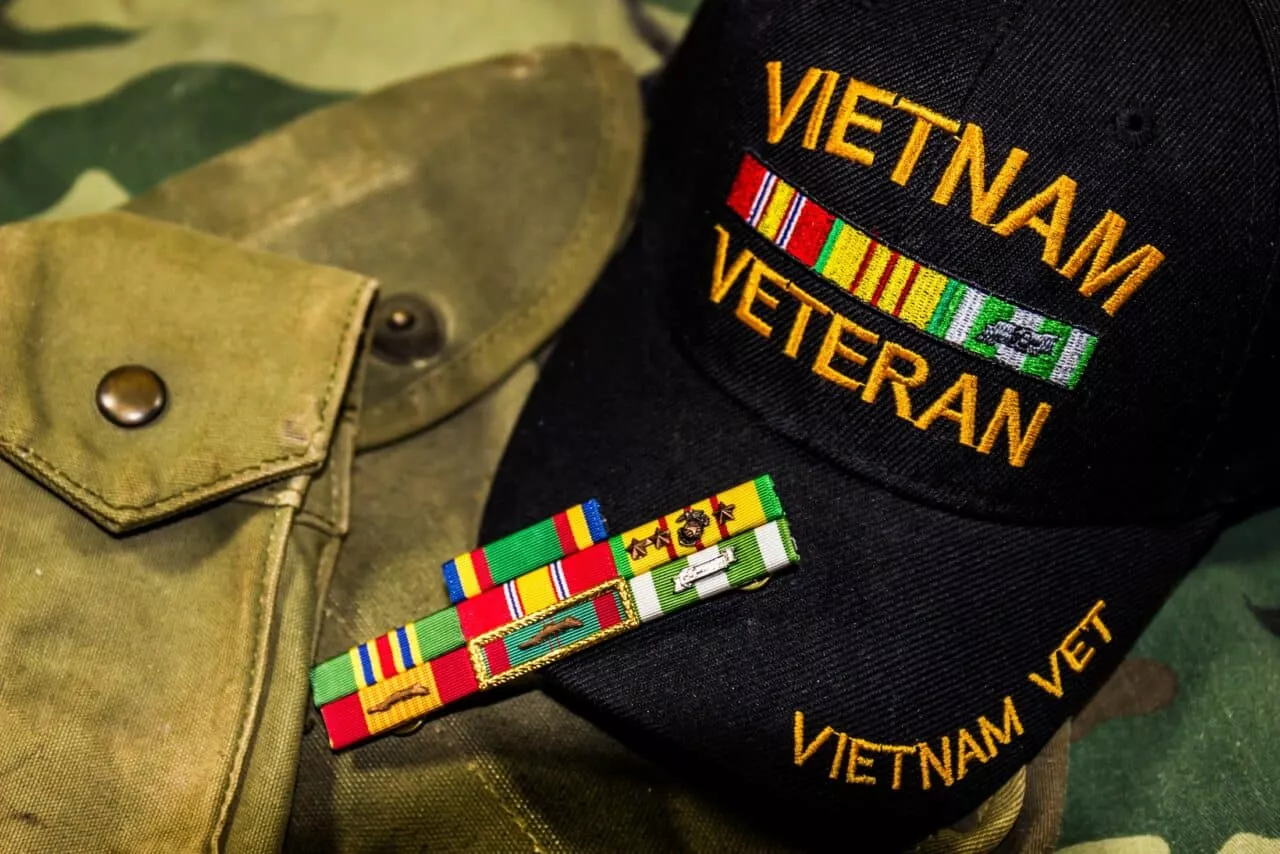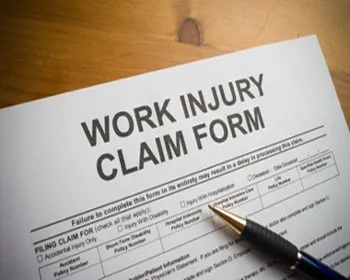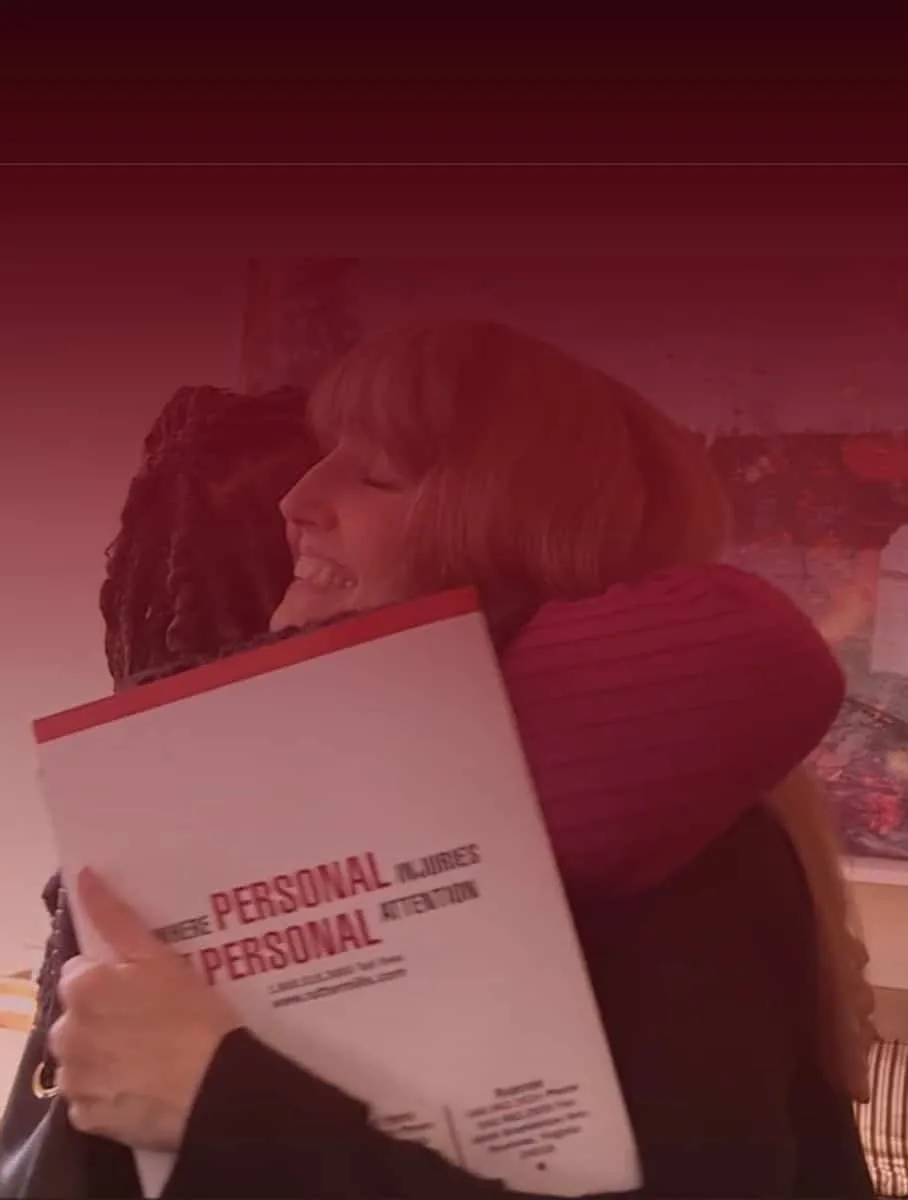
They were straightforward and honest through the whole ordeal. I couldn't have found a better law firm to help me get the job done.
Toxic Water Contamination Claims
OVERVIEW
In 1982, the Marine Corps discovered toxic water contamination in a majority of the water supply for base housing at Camp Lejeune. The compounds found in the water supply have since been linked with several illnesses, including Parkinson’s disease, cardiac defects, and several types of deadly cancer, including kidney cancer and breast cancer. People at risk for developing these illnesses include Marines, Sailors, and their families, along with civilian (GS) employees who lived or worked at Camp Lejeune for more than 30 days prior to 1988.
To help people affected by the contamination, a bill has been passed known as the Camp Lejeune Justice Act. The bill enables prior residents, employees, and their families to receive financial compensation.
History of Toxic Exposure
The decades this exposure went on were some of the busiest for Camp Lejeune. Lejeune is home to the Weapons Training Battalion and serves as a primary combat and infantry training facility for new Marines. The infantry MOS is one of the most common in this branch of service. The training course to ready new Marines for duty is a two-month program, meaning tens of thousands of young men and women were exposed to these toxic agents.
Military service requires risk and sacrifice from both the members and their loved ones by its very nature. That risk should not be found in their homes. The exposure was avoidable and unnecessary, and it caused immeasurable harm. No one should have to suffer this way to serve their country.
In this video, Brother explains how the Camp Lejeune Justice Act works with The Honoring Our Pact Act and why there are separate claims available for Camp Lejeune victims.
Click here to watch the 2 minute video.
The government is beginning to work through the difficult task of compensating people affected by the toxic water exposure at Camp Lejeune. Learn more about the steps needed to file a claim for damages from exposure to the toxic water at Camp Lejeune.
Click here to watch this 3 minute video.
The Camp Lejeune Justice Act only opens the window for filing for two years. Brother Rutter explains the timeframe in which all claims must be filed, dates and deadlines you need to know, and other important timelines within the process of receiving compensation for toxic water exposure at Camp Lejeune.
Click here to watch this 71 second video.
Toxic water exposure at Camp Lejeune took place from 1953 to 1987, and as a result, some of the evidence needed to prove your case might be 40 or more years old. Brother Rutter explains how our team of legal experts will be able to prove your claim under the Camp Lejeune Justice Act, even with most of the evidence being decades old.
Click here to watch this 3 minute video.
Any veteran or family member, living or dead, who developed medical issues as a result of toxic water exposure at Camp Lejeune from 1953 to 1987 is eligible to receive compensation from the government. Brother Rutter explains how you can file on behalf of someone who was exposed to toxic water at Camp Lejeune but has already passed away so that your family can receive the compensation you deserve.
Click here to watch this 1 minute video.
As the government finalizes the regulations and process for filing on behalf of a deceased individual, there will be a handful of extra steps required to represent your family member. Brother Rutter breaks down the process of filing on behalf of someone who is already deceased from the steps that our legal team will help you through to the paperwork you’ll need to have to complete the process.
Click here to watch a 3 and a half minute video
Thousands of mothers may have lost their ability to carry a baby to full term after exposure to toxic water at Camp Lejeune. Brother Rutter explains how the Camp Lejeune Justice Act covers miscarriages and the process for filing those claims.
Click here to watch an 84 second video.
The Camp Lejeune Justice Act covers more than just active-duty military members; anyone who “resided, worked, or was otherwise exposed” to Camp Lejeune drinking water for 30 days or more between August 1, 1953, and December 31, 1987 can qualify to file a claim. Brother Rutter explains exactly who the bill allows to file a claim for toxic water exposure at Camp Lejeune.
Click here to watch a 2 minute video.
Medical Diagnosis isn’t always a simple or obvious process. It can take time for symptoms to develop and for doctors to know whether or not you have been impacted by toxic water exposure at Camp Lejeune. Brother Rutter lays out the best course of action for anyone who has an illness that might have been caused by toxic water exposure at Camp Lejeune and who is awaiting further medical diagnosis and might not know for sure before the deadline to file.
A Rutter Mills case is a serious case. It may mean you have been badly injured. It certainly means you have a lot on the line, and the resolution of your case will make a big difference to you, your family, and your life moving forward.
Years helping veterans
Convenient offices
Team members ready to help
If you’ve been injured on the job, workers’ compensation insurance may entitle you to critical assistance like medical treatment, lost wages, and more. But insurance companies will put up an aggressive fight to resist paying you the compensation you need and deserve. Rutter Mills can help get you the money you deserve.
GOOGLE REVIEWS
Contact Us for a Free Case Evaluation
Our team is ready to listen day or night – 7 days a week, so contact us now to see how we can help you on the road to recovery.



